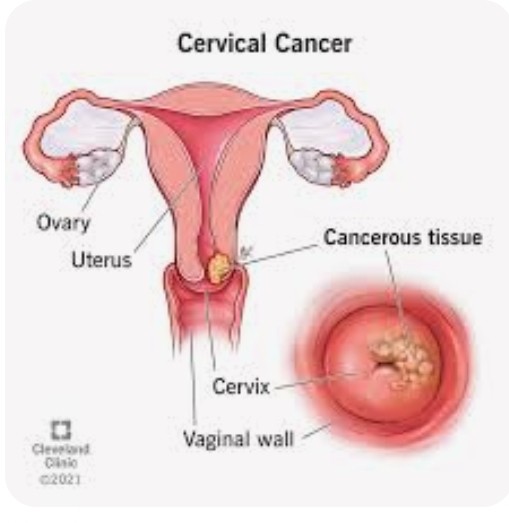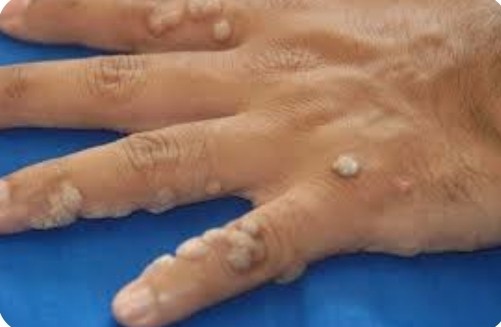By: Agim Godwin Apple

HPV is primarily transmitted through sexual contact, including vaginal, anal, and oral sex. Unprotected sexual activities can increase the chances of acquiring HPV.
The Human Papillomavirus (HPV) is a common sexually transmitted infection that can potentially cause various health complications, including anal cancer. While not all HPV infections lead to cancer, certain high-risk strains of the virus, such as HPV types 16 and 18, are strongly linked to the development of anal cancer.
Here’s how the Human Papillomavirus contributes to almost 90% of anal cancer cases:
Transmission: HPV is primarily transmitted through sexual contact, including vaginal, anal, and oral sex. Unprotected sexual activities can increase the chances of acquiring HPV.
Persistent infection: In most cases, the immune system can clear the HPV infection within a couple of years. However, in some individuals, the virus persists and can lead to the development of precancerous lesions and, eventually, anal cancer.
High-risk HPV types: Certain HPV types, particularly HPV 16 and 18, are considered high-risk strains that have a strong association with the development of anal cancer. These high-risk strains have the ability to cause changes in the cells of the anus, potentially leading to the progression of cancerous growth.
Weakened immune system: Individuals with weakened immune systems, such as those living with HIV or undergoing organ transplantation, are more susceptible to HPV-related complications, including anal cancer.
A compromised immune system may struggle to clear the HPV infection, allowing it to persist and potentially lead to cancer.
Prevention and early detection strategies are important in reducing the risk and impact of HPV-related anal cancer. Vaccination against HPV, practicing safe sex, regular screenings, and maintaining good overall health are key factors in preventing and managing this type of cancer. It is always advisable to consult with healthcare professionals for personalized advice and information regarding HPV and anal cancer.
www.hintusmedia.com
